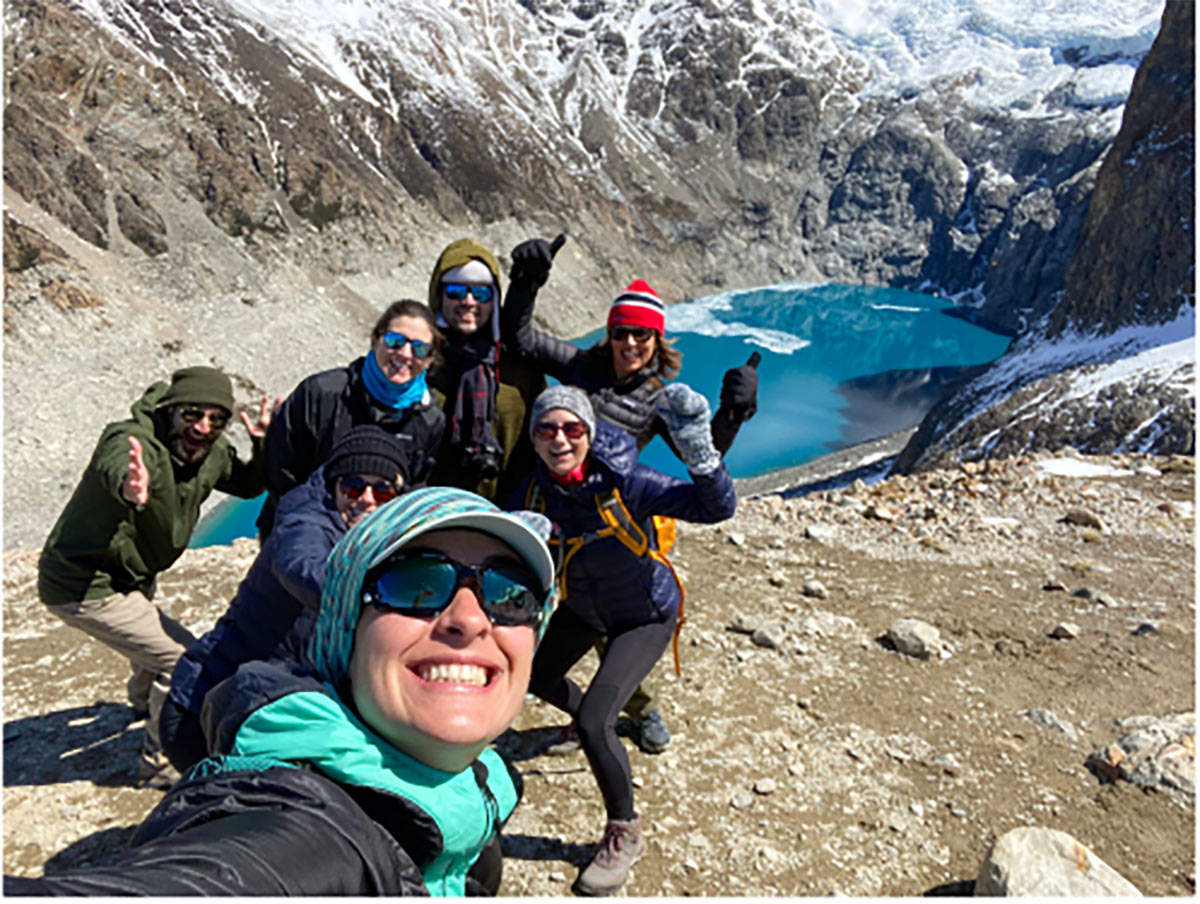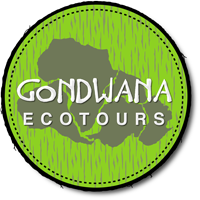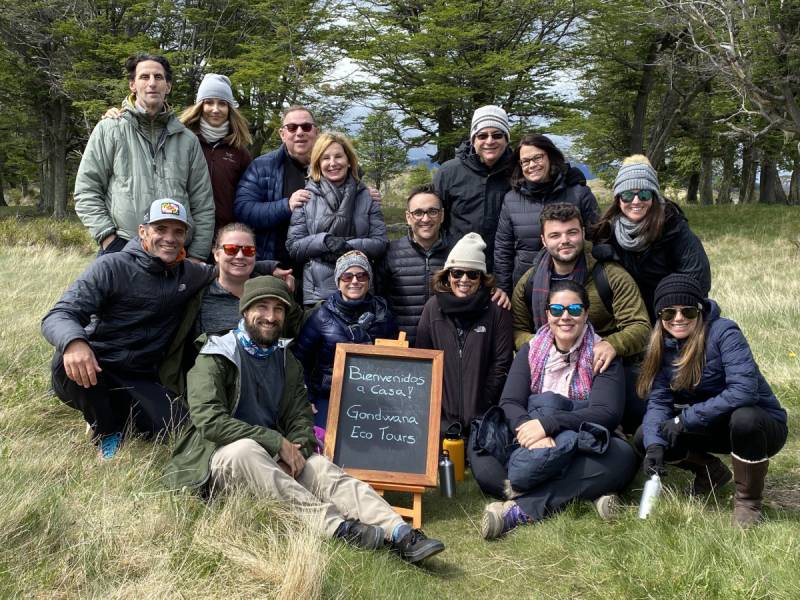Are the Northern Lights Visible from Wyoming?
PRIVATE & SMALL GROUP TOURS TO THE WORLD'S BEST DESTINATIONS
Are You Planning A Trip To See The Northern Lights?

Can You See the Northern Lights in Wyoming? Best Spots & Seasons
Wyoming might not be the first place that comes to mind for aurora hunting, but this rugged state surprises many travelers during peak solar activity years. With vast wilderness, minimal light pollution, and high elevations, Wyoming offers serious potential—especially in late fall and winter months when conditions align. If you're looking for a lesser-known place to chase the lights in the continental U.S., this could be your under-the-radar destination.
Why Wyoming Offers Hidden Aurora Potential
Despite sitting slightly south of the auroral oval, Wyoming’s clear skies and open landscapes make it a good candidate for occasional aurora sightings. When geomagnetic storms are strong, particularly during the Solar Cycle 25 peak (2026–2027), places like Yellowstone and the Bighorn Mountains become excellent dark-sky destinations with a real chance of success.
Top Aurora Viewing Areas in Wyoming
These areas offer the best combination of latitude, elevation, and low light pollution:
- Yellowstone National Park: Expansive, dark, and remote—ideal for aurora photographers.
- Bighorn Mountains: Great for fall and winter viewing with wide-open vistas.
- Cody: A good base with lodging and access to remote sites nearby.
Best Times to Visit
- Spring: Moderate – Still offers dark nights and better weather than winter.
- Summer: Low – Short nights and more clouds limit visibility.
- Fall: High – Long nights and crisp air make it one of the best seasons.
- Winter: Very High – Maximum darkness and frequent clear skies.
Where to Stay for Aurora Access
If you’re planning a dedicated trip, we recommend basing yourself near the dark sky areas:
- Lake Yellowstone Hotel (inside Yellowstone National Park)
- Cabins and rustic lodges in Cody, Shell, or near Greybull
Aurora Forecast (2026–2030)
These forecasts are based on the solar cycle and global geomagnetic conditions. While Wyoming isn't as far north as Alaska or Michigan, it benefits during peak solar years:
| Year | Aurora Activity Forecast | Notes |
|---|---|---|
| 2026 | ⭐⭐⭐⭐⭐ Very High | Peak of Solar Cycle 25. Wyoming may experience multiple visible displays. |
| 2027 | ⭐⭐⭐⭐½ Extremely High | Strong lag year. Continued activity—especially in fall/winter months. |
| 2028 | ⭐⭐⭐ Moderate | Declining solar activity, but auroras still possible during storms. |
| 2029 | ⭐⭐ Low to Moderate | Less frequent events; success depends on conditions and KP index. |
| 2030 | ⭐ Low | Solar minimum approaching. Aurora sightings rare and unpredictable. |
Photography & Planning Tips from Our Team
- Use aurora and weather tracking apps like Aurora Alerts and Windy.
- Bring cold-weather gear—temperatures often drop below freezing at night.
- Tripods and wide-aperture lenses are essential for capturing long exposures.
- Allow at least three nights to increase your odds of seeing a display.
Want to Maximize Your Aurora Odds?
While Wyoming offers good potential during strong solar activity, travelers looking for the most consistent Northern Lights experiences may want to consider top-tier destinations. See our complete guide to high-probability aurora states:
Top Northern Lights Locations in the U.S.
Or join one of our fully guided trips to Alaska, where expert-led tours offer nearly nightly sightings: Northern Lights Tours in Fairbanks
Sources: NOAA Space Weather Prediction Center, Aurora Tracks, NASA, Andy Keen
Download all three Alaska tour brochures for tour dates and pricing.

About Gondwana Ecotours
Gondwana Ecoutours specializes in small group and private tours to bucket list destinations around the world. Our itineraries are carefully curated to include both unique nature and culture and fun activities are suitable to most travelers. Traveling with guides who live in the communities we visit add depth and authenticity to the experience.
| See All Tours > |

